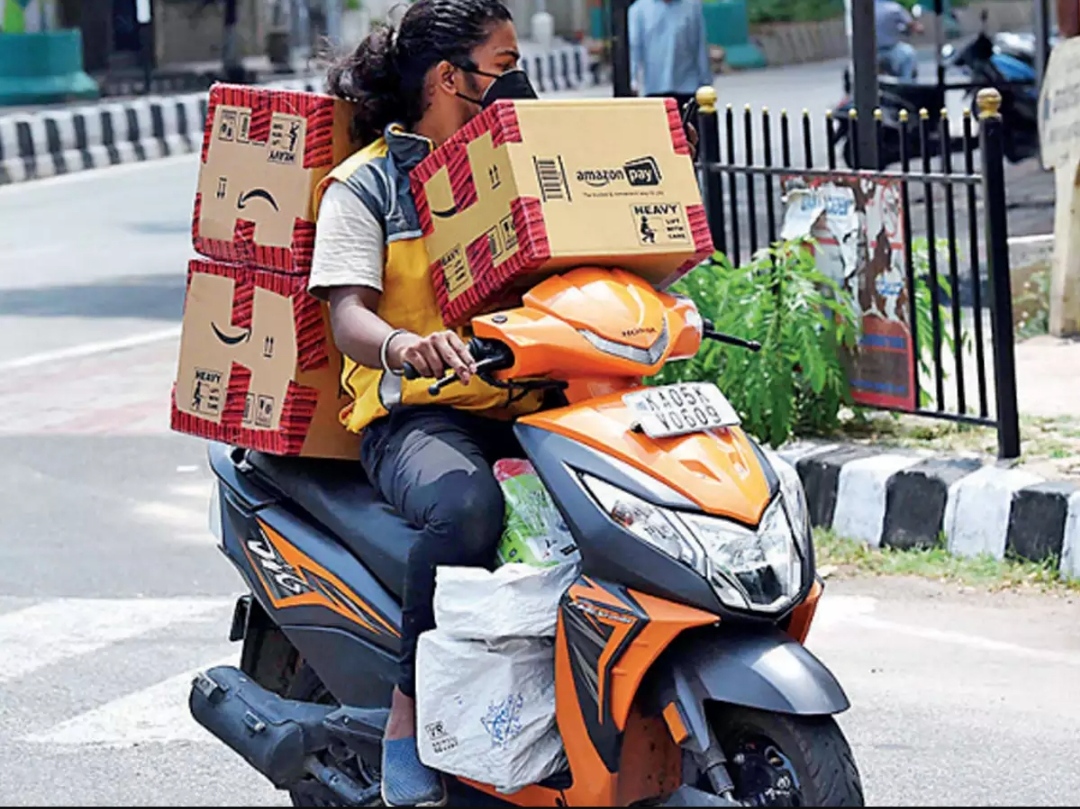How Karnataka averted ‘kitchen crisis’ during lockdown
 BENGALURU: Visualise this: Frayed tempers and psychological stress intensifying during lockdown because you ran out of edible oil (cooking oil) in the kitchen.
BENGALURU: Visualise this: Frayed tempers and psychological stress intensifying during lockdown because you ran out of edible oil (cooking oil) in the kitchen.
Well, this dreadful situation would have become reality in Karnataka government had it not been for some quick-thinking by an IAS officer who averted an edible oil crisis.
“When the lockdown was announced, Karnataka had edible oil stocks for only four days. We were staring at a crisis as a major chunk of edible oil is imported, but the source countries had also shut all operations citing Covid.
But we made some quick moves and took swift action, so much so that not a single household has complained of non-availability of cooking oil in the last 30 days,” said IAS officer Rajender Kumar Kataria, state nodal office for supply chain management and essential commodities.
In a normal situation, around 2,100-2,200 metric tons of edible oil (both refined palm oil and refined sunflower oil) is sold per day across Karnataka. Of this, 900-1,000 tons is sold in Bengaluru. Seven companies in the state import edible oil through Mangaluru and Karwar ports while refined palm oil comes from Malaysia, crude oil is imported from Indonesia and refined sunflower oil from Ukraine.
“Following lockdown all the ports were closed and the local oil manufacturers downed shutters. We had a stock of 13,300 metric tons, this would have lasted four days. The question was how would kitchens run when people are at home and if they run out of cooking oil?” Kataria said and added: “Moreover, it was a challenge as Malaysia and Indonesia too were preparing for a lockdown”.
A meeting of the representatives of refineries and manufacturers was convened on March 30 and the government was told that the crisis could be overcome if the seven or eight ships, which were in the high seas, were allowed to berth at Mangaluru port.
“We had to act before the vessels returned or got diverted to another country. we spoke to the authorities and got the port opened. Next was to ensure priority berthing for these vessels as port authorities insisted on a queue system and mandatory 14-day quarantine.
However, we briefed them on the crisis situation and the need for giving priority to ships with edible oil,” Kataria said. Following this, ships carrying 77,600 metric tons of edible oil were allowed to dock. But everything did not end there.
“We could not unload immediately as rules mandate that samples be tested and approved. We had to draw samples of crude oil from the ship and get it tested in laboratories in Bengaluru. We got the labs opened in Bengaluru and transported the samples by road, got clearance and went through the protocols related to customs clearance,” another officer explained.
In the meantime, the authorities got the refineries and oil factories to continue production with existing stock. To keep the supply chain efficient, Kataria’s team coordinated with police and respective district administration to ensure movement of trucks amid restrictions.
“Ensuring there is no shortage of edible oil was the most important job. There would have been massive public resentment and anger during lockdown if there was short-supply of oil in the kitchen,” Kataria said. The current consumption level of edible oil per person per year in India is 19 kg.
“We now have edible oil stock that could last up to 45 days,” Kataria added.



